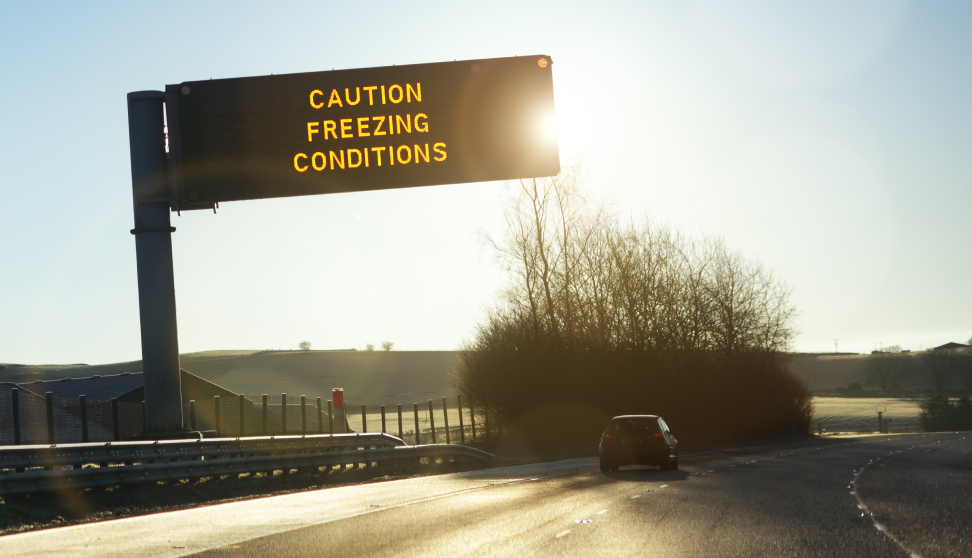The MOT test on your vehicle can be conducted up to one month before the expiry date of the current certificate (less one day). The government provide an online status checking service to find out when your vehicle is ready for an MOT.
Who is responsible for company car MOTs?
Most fleet suppliers will provide clients with MOT renewal notices in advance of when the MOT is due. However, it is the responsibility of the car driver to ensure that their vehicle has an MOT carried out when required.
If the result of an MOT inspection on your vehicle is a failure:
- You will be issued a refusal of MOT certificate, also know as a VT30 by the test centre
- Your vehicle will require repair and a retest to comply with MOT standards
- You may not be covered by your insurance, so you are advised not to drive your vehicle, except to an approved test centre or a garage for repairs.
Your VT30 certificate will state why your vehicle has not passed the MOT and what repairs are required for it to pass another test. The repairs needed could be complicated and specialised such as emissions failures, so it may not be possible to make them there and then.
There will be no additional testing fee if your car can be tested, repaired and retested at the same location within a 10 working day period, this is known as partial re-examination. It’s worth noting that certain repairs cannot be fixed under a partial re-examination.
The following items are covered by a partial examination, if your vehicle MOT failed due to one of these then you do not need to pay for a retest (providing it is within ten working days.)
- Bonnet
- Bootlid
- Brake pedal
- Antislip
- Wheels and tyres
- Indicators
- Doors
- Dropsides
- Fuel cap filler
- Loading door
- Hazard warning
- Horn
- Lamps
- Seat belts
- Registration plates
- Mirrors
- Rear reflectors
- Tailboard
- Steering wheel
- Sharp edges
- Tailgate
- VIN
- Windscreen and glass
- Wipers and washers
- Seats
If the failure is due to parts not mentioned in this list then your vehicle will need to be repaired and a full retest carried out, you will then need to pay for a second full MOT test.
A full retest fee also applies if you delay in returning your vehicle for retest, you will have to pay for a full MOT test if you return the car after the 10 working day period.
Once repairs have been made, you will need to have the vehicle retested by an approved MOT testing station, that could be the original centre or you could choose to go elsewhere.
When your MOT certificate expires:
* You must arrange to have an MOT inspection as soon as possible
*You will not be able to drive your vehicle, and could be prosecuted if you do.
The MOT test inspects the following list of car parts:
| Interior checks | Exterior checks |
|---|---|
| Seats and seatbelts | Registration plates |
| Warning lamps | Lamps, registration plate lamps |
| Switches (position lamp, headlamp, hazards) | Indicators, hazards |
| View to front, wipers and washers | Headlamps and aim |
| Brake controls, servo operation | Stop lamps, fog lamps, reflectors |
| Steering wheel and column | Wheels, tyres |
| Doors, mirrors, horn | Shock absorbers |
| Speedometer, driver’s controls (Class 5*) | Mirrors, wiper blades, fuel tank cap |
| Glazing (Class 5*) | |
| Doors, boot lid, loading doors, bonnet | |
| Towbars | |
| General condition of body | |
| Under-bonnet checks | Under-vehicle checks |
| Vehicle structure | Steering including power steering |
| Braking systems | Drive shafts (if applicable) |
| Exhaust systems, fuel system | Suspension, shock absorbers |
| Speed limiter (if applicable) | Wheel bearings |
| Steering and power steering components | Wheels and tyres |
| Suspension components | Brake systems and mechanical components |
| Exhaust system | |
| Fuel system and fuel tank | |
| Structure general vehicle condition |
For advice on how to maintain your fleet or company car, call ACVM on 0141 332 2626.



